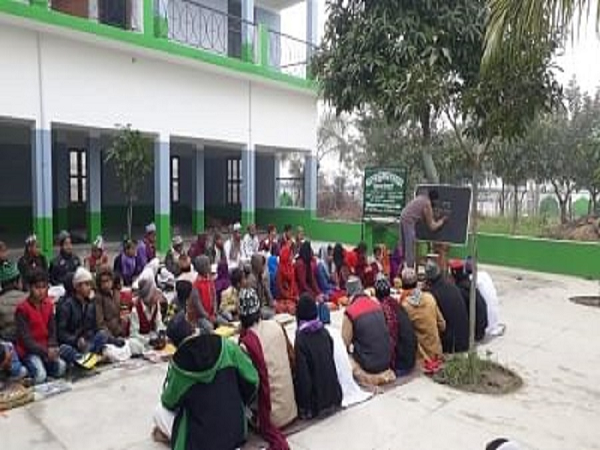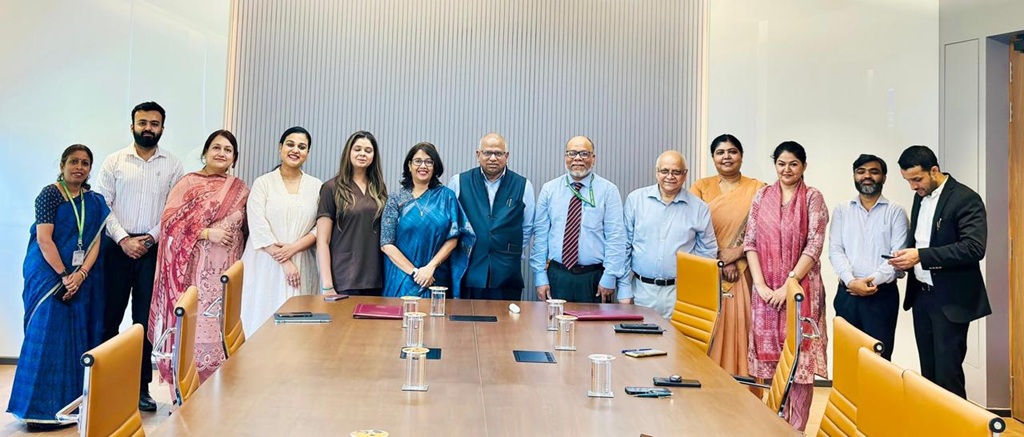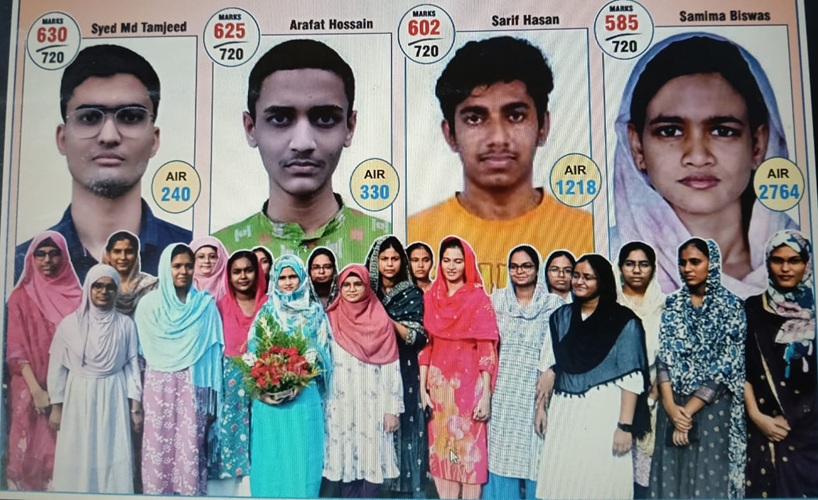Madrassas run by private organisations in the state will continue to run
GUWAHATI — The Assam government introduced a Bill in the Assembly on Monday to shut over 600 madrassas run by it, which was strongly opposed by the opposition Congress and AIUDF.
Assam Education and Finance Minister Himanta Biswa Sarma introduced the Assam Madrassas Education (Provincialisation) Act of 1995 on the opening day of the three-day Winter Session.
“Once the Bill is passed (by the House), the practice of running madrassas by the government in Assam will come to an end, a practice which was started by the Muslim League government in pre-Independence Assam,” Sarma said in a tweet.
The Congress and All India United Democratic Front (AIUDF), a Muslim dominated party, strongly opposed the Bill and said that they would restart the madrasa education after coming to the power in the Assembly polls due in April-May next year.
Earlier, Sarma had said that the state government had decided to make education ‘secular’ and 620 madrassas administered by the state government would be shut.
The Assam Cabinet earlier in a meeting chaired by Chief Minister Sarbananda Sonowal approved the proposal to close down all government-run madrasas and Sanskrit tols (schools) in the state.
“All the 620 government-run madrasas will be converted into the general schools and 97 Sanskrit tols handed over to Kumar Bhaskarvarma Sanskrit University. These Sanskrit tols will be converted into centres of learning and research where Indian culture, civilisation and nationalism will be studied. Irrespective of religion, Indian culture, civilisation and nationalism will be taught in these converted educational institutions, making Assam the first Indian state to teach on these themes,” Sarma told the media.
He, however, said that madrassas run by private organisations in Assam would not be shut.
Sarma said that the state government had been spending Rs 260 crore annually for running the madrassas and “the government cannot spend public money for religious teaching”.
“In order to bring uniformity, teaching the Quran at the cost of government exchequer cannot be allowed to continue,” he had said.






0 Comments